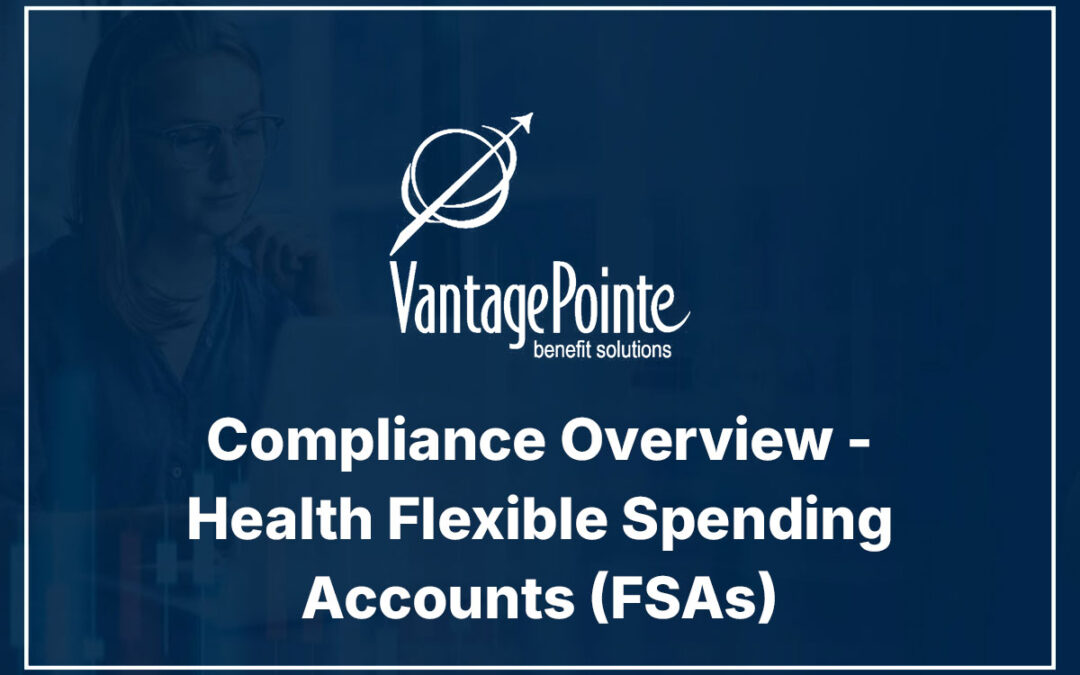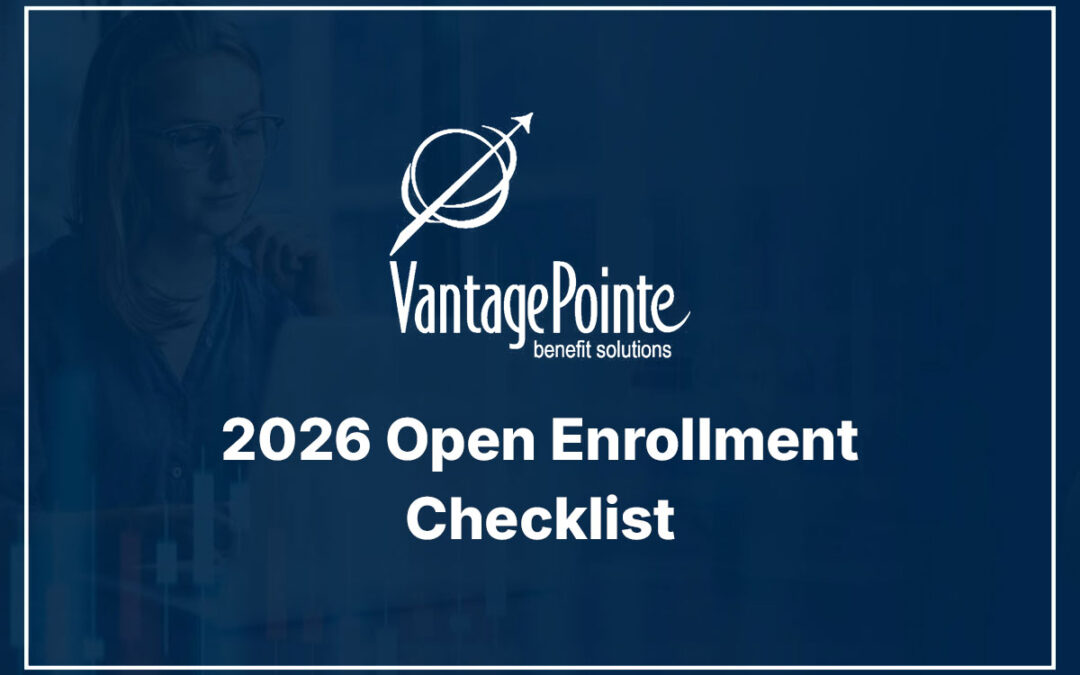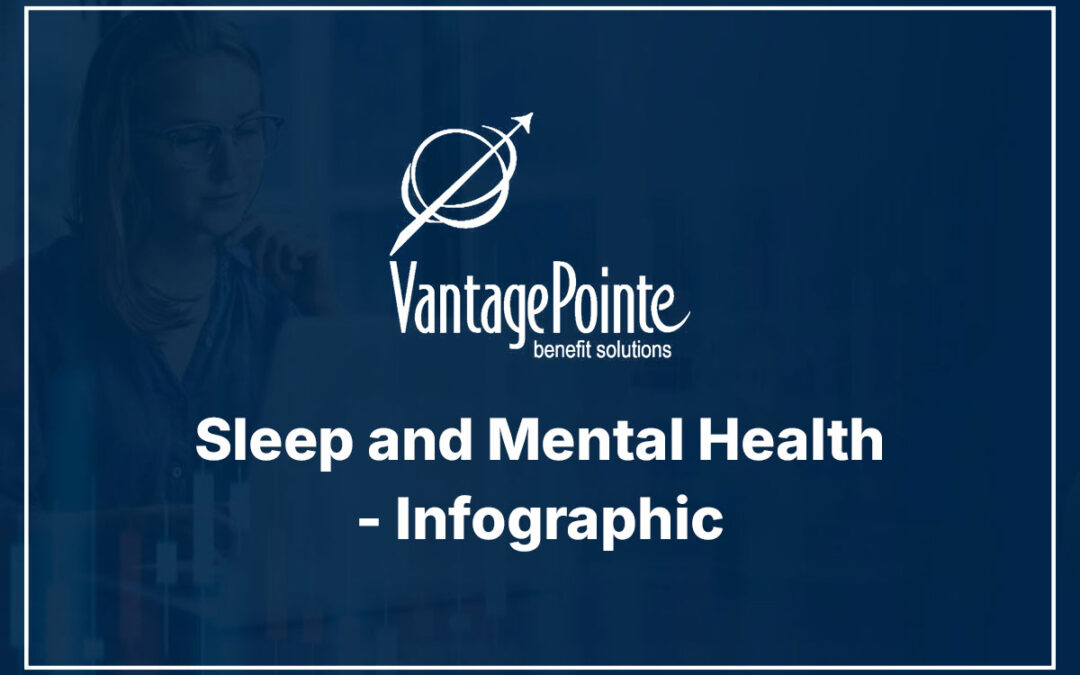
by Joe Hughes | Aug 15, 2025 | Blog, Smart
While offering health coverage and benefits for employees and dependents is a major business expense, lost productivity due to physical and emotional health problems can be far more costly for employers. Lost productivity is classified in two ways: presenteeism and...

by Joe Hughes | Jul 15, 2025 | Blog, Smart
A health flexible spending account (FSA) is a type of tax-advantaged medical account that reimburses employees for eligible health care expenses that are not covered by their health plans. Both employees and employers can contribute to a health FSA, subject to certain...

by Joe Hughes | Jun 15, 2025 | Blog, Smart
To prepare for open enrollment, employers that sponsor health plans should be aware of compliance changes affecting the design and administration of their plans for plan years beginning on or after Jan. 1, 2026. These changes include limits adjusted for inflation each...

by Joe Hughes | May 15, 2025 | Blog, Smart
In response to the current economic downturn and ongoing labor challenges, employers of all sizes are searching for ways to save money. Cutting costs may be essential for any organization, but it’s especially important for small businesses since they tend to have...

by Joe Hughes | Apr 15, 2025 | Blog, Smart
Not only is your physical health affected when you don’t get enough sleep, but it also takes a toll on your mental health. In fact, mental health and sleep are so closely related that a lack of sleep can often lead to issues such as anxiety or depression. Generally,...

by Joe Hughes | Mar 15, 2025 | Blog, Smart
A new report by health care benefits company Lively found that 81% of organizations plan to add or improve employee benefits in the next year to better recruit and retain employees. Furthermore, the report showed that employee experience, feedback and ease of use...







